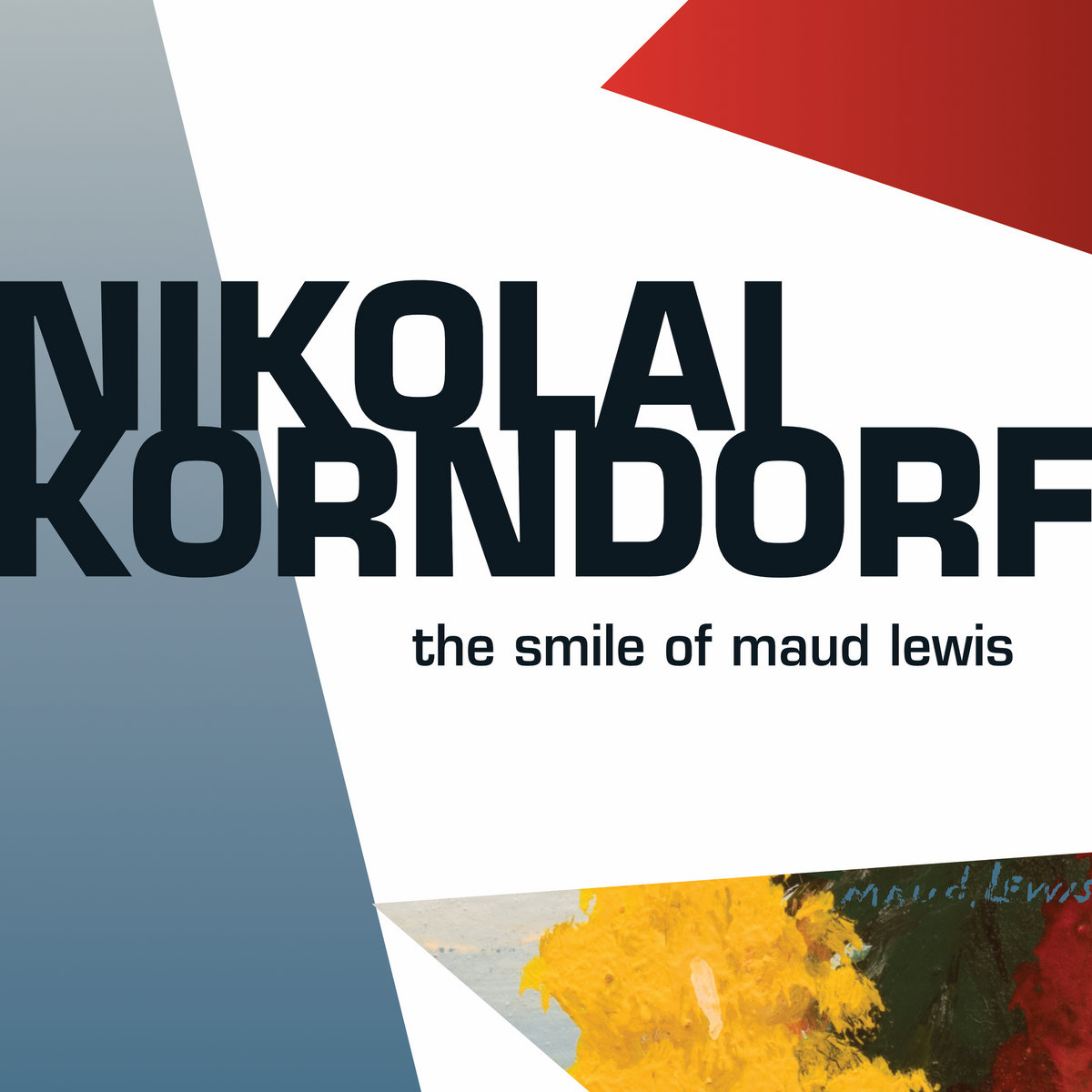KORNDORF The Smile of Maud Lewis
View record and artist detailsRecord and Artist Details
Genre:
Chamber
Label: Redshift Music
Magazine Review Date: 10/2022
Media Format: CD or Download
Media Runtime: 74
Mastering:
DDD
Catalogue Number: TK516

Tracks:
| Composition | Artist Credit |
|---|---|
| The Smile of Maud Lewis |
Nikolai Korndorf, Composer
Anna Levy, Piano Leslie Dala, Conductor orchestra |
| Triptych for cello and piano |
Nikolai Korndorf, Composer
Anna Levy, Piano Ariel Barnes, Cello |
| Lullaby for two pianos |
Nikolai Korndorf, Composer
Anna Levy, Piano Jane Hayes, Piano |
| half-light, somnolent rains |
Nikolai Korndorf, Composer
Anna Levy, Piano Jane Hayes, Piano |
Author: Ivan Moody
Nikolai Korndorf (1947-2001) is one of those names that has haunted the corridors of contemporary music history, so to speak, for some decades. The late Alexander Ivashkin was a champion and is the moving spirit behind a 2012 Toccata Classics disc of the composer’s complete cello music, and there is an astonishing album including the string trio In Honour of Alfred Schnittke from the Goeyvaerts Trio (Challenge, 7/16), but a number of earlier discs are now far from easy to find.
This recording is, then, very welcome indeed. The title-track refers to the ‘folk’ art of Maud Lewis, whose work Korndorf encountered after moving to Canada. Written in 1998, its point of origin is Cape Breton, and, as Gregory Myers’s notes point out, the music somehow manages to bridge the gap between the composer’s native Russia and his adopted country. It’s obsessive music, certainly, but the label ‘minimalist’ here would be as erroneous as it is in the case of Pärt or Sumera. What it transmits, as do Maud Lewis’s paintings, is innocent joy, in crystalline orchestration and haunting melodic fragments.
Triptych for cello and piano is contemporary with The Smile but is quite different. It narrates, dramatically, a movement from darkness to light. It naturally also features on the Toccata disc, and perhaps Ivashkin is a shade wilder than Ariel Barnes. No matter – both versions are remarkable, exploring the full range of the work’s colour, and ideally one should have both. Lullaby (1984) may also initially sound like a classically minimalist composition but, as Myers points out, Korndorf constantly subverts this by his structural references to Russian bell-ringing.
Jocelyn Morlock’s dreamy half light, somnolent rains for piano duo (2006) is a tribute to Korndorf. I think he would have recognised himself in it. Sound is absolutely first-rate throughout, as these superb performances demand.
Discover the world's largest classical music catalogue with Presto Music.

Gramophone Digital Club
- Digital Edition
- Digital Archive
- Reviews Database
- Full website access
From £8.75 / month
Subscribe
Gramophone Full Club
- Print Edition
- Digital Edition
- Digital Archive
- Reviews Database
- Full website access
From £11.00 / month
Subscribe
If you are a library, university or other organisation that would be interested in an institutional subscription to Gramophone please click here for further information.




